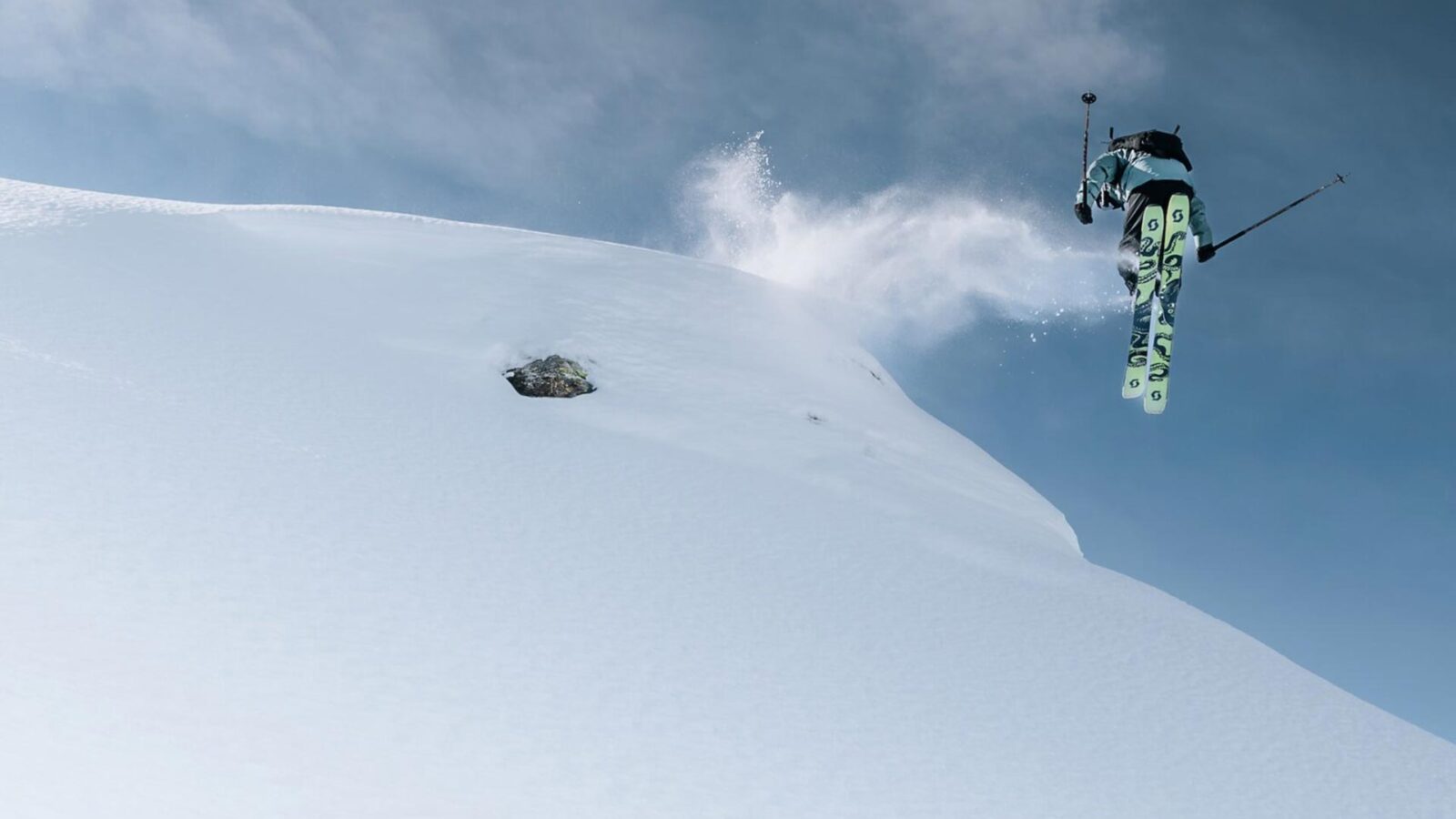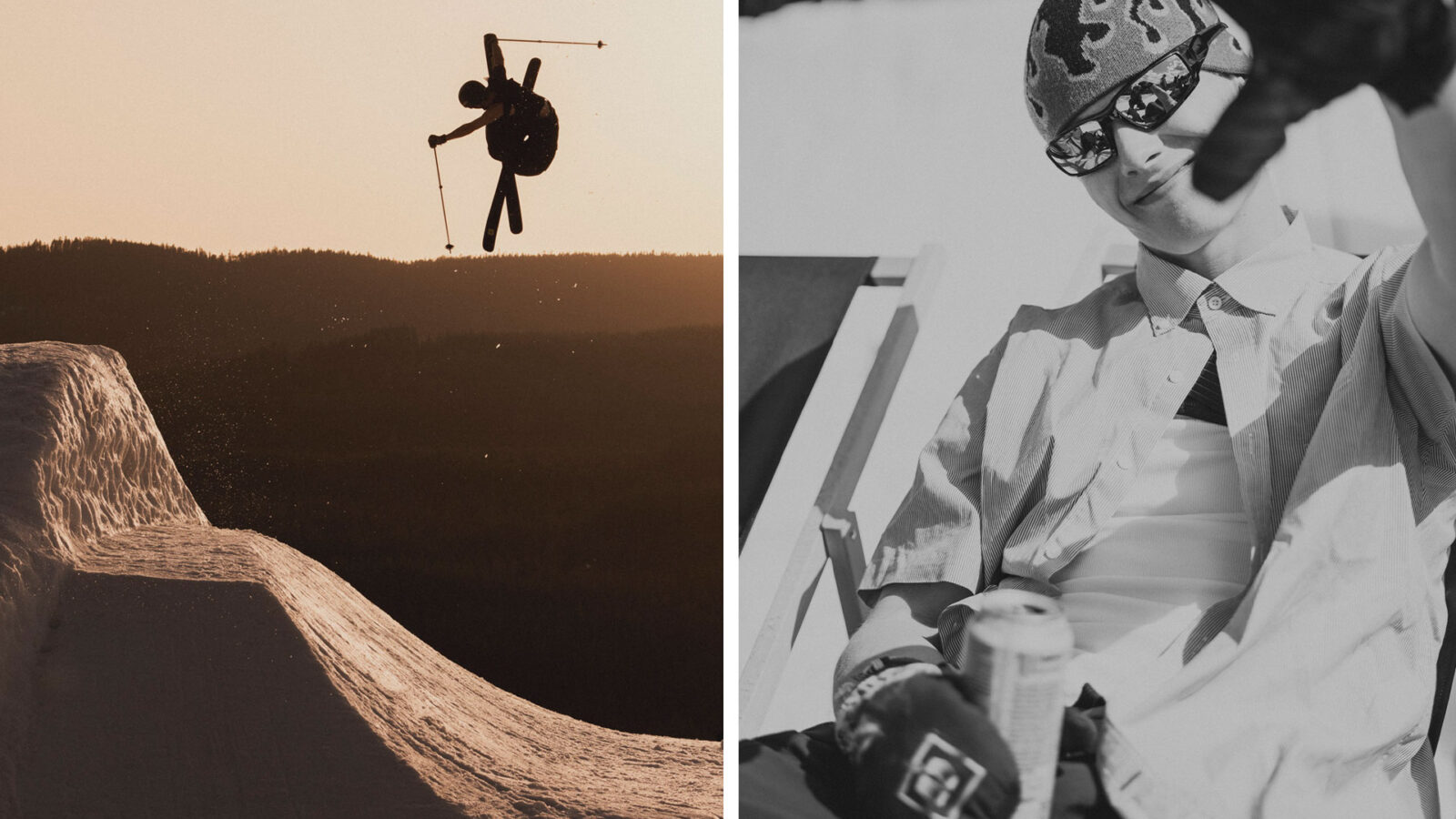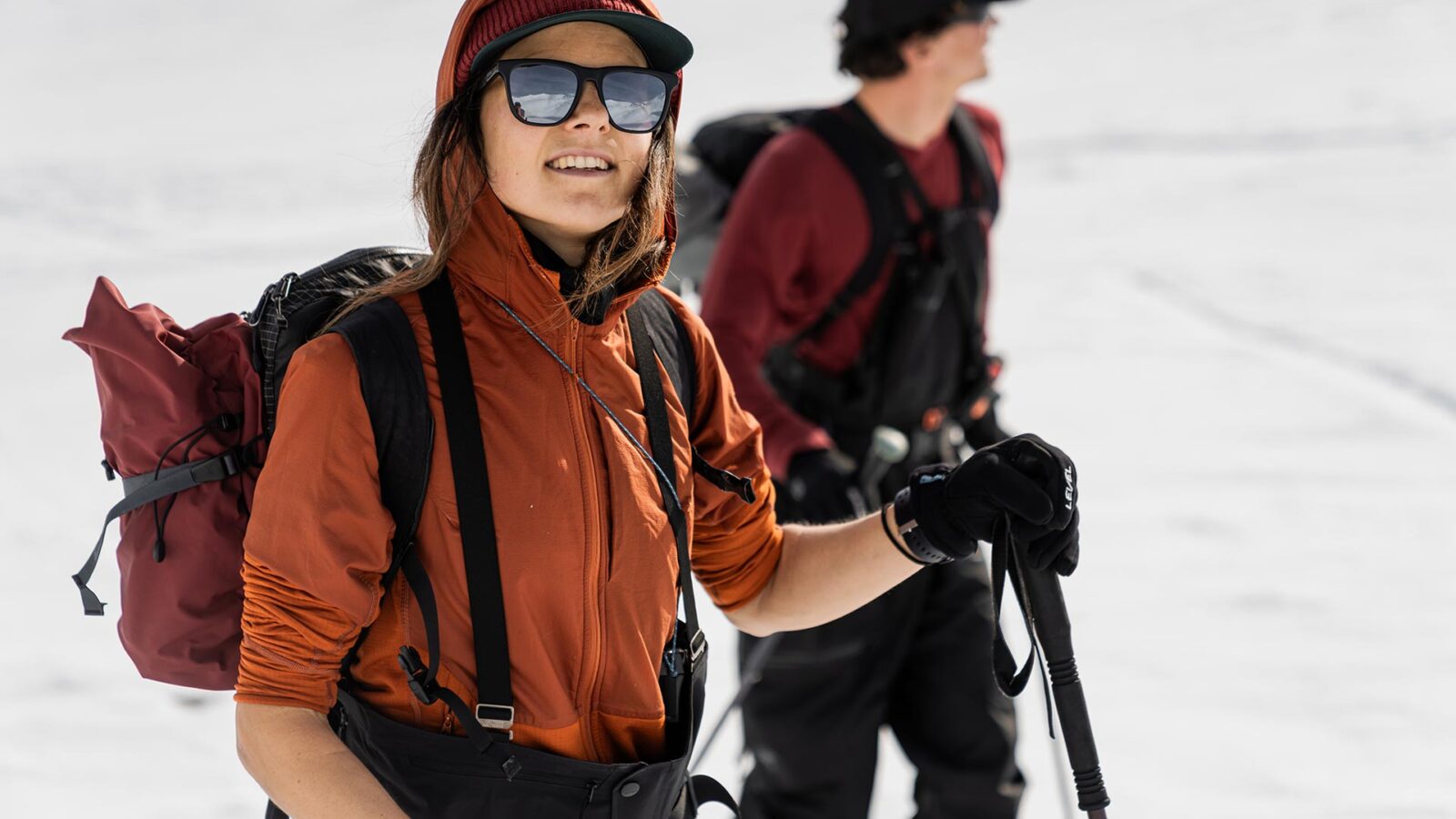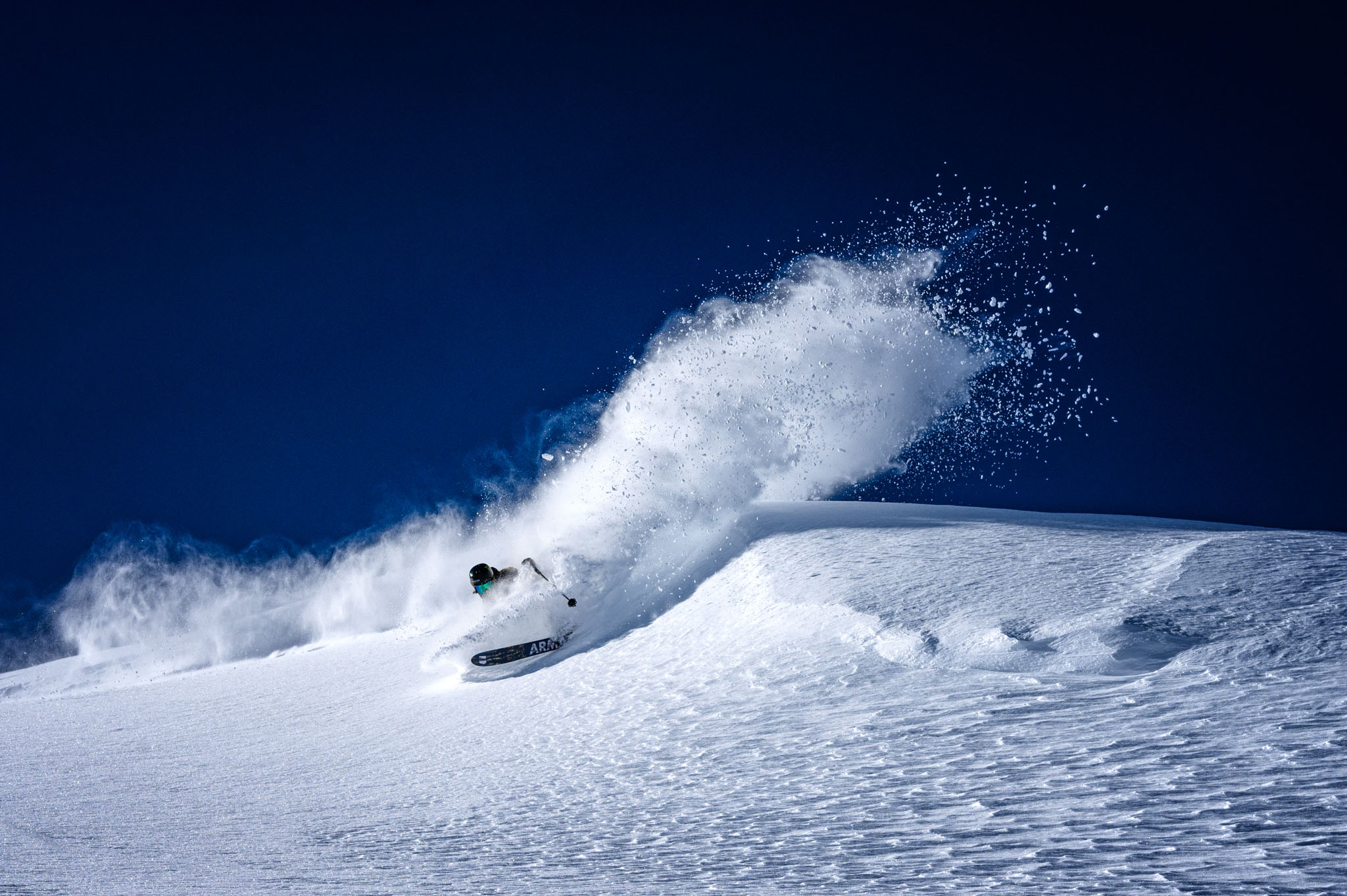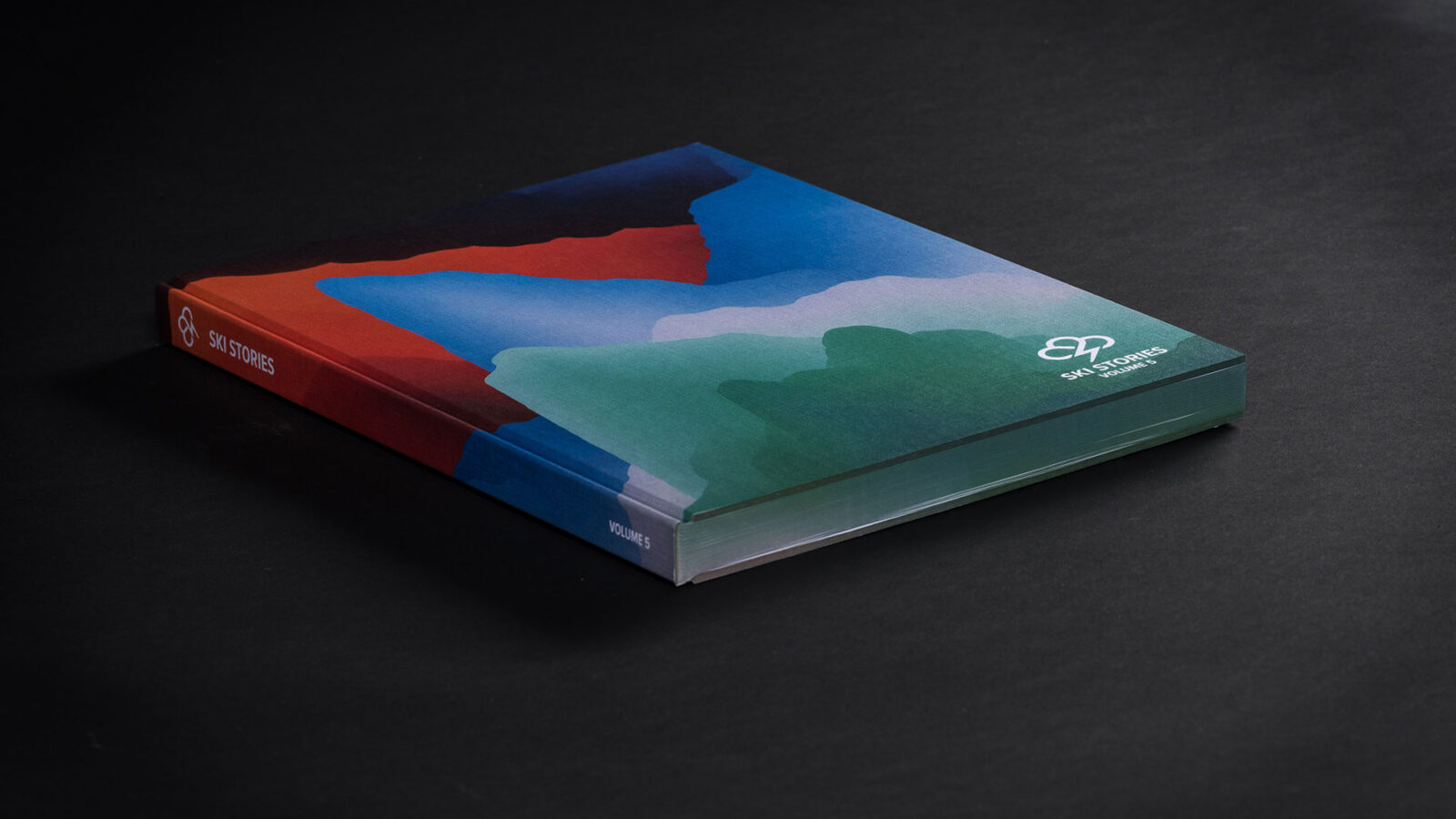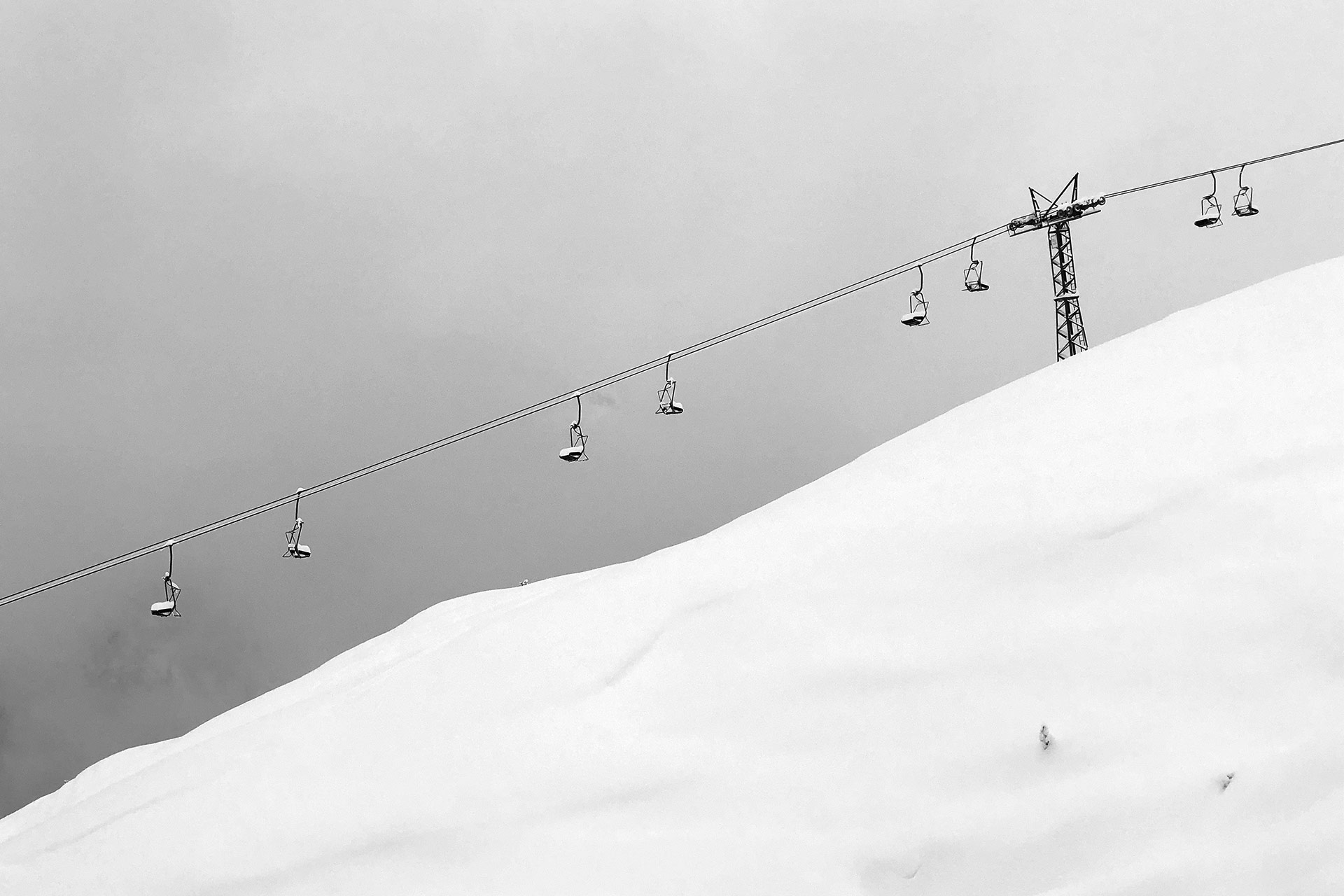
Stories
Ski Resort Closures in Europe: What to Know
Last week saw the first major snowfall of the winter in parts of the Alps. However, for skiers in many countries, ongoing coronavirus lockdowns are complicating the start of the season.
With a patchwork of restrictions in place from country to country, it’s not easy to know what is being allowed where. Here’s a quick review of the current situation across Europe.
Preface
If you've been planning to spend your holidays on skis and crossing national borders to do so, your chances of successfully doing so are looking slim this year. With a few notable exceptions, the ski resorts in most countries will stay closed until January. If you head for a country with open resorts, you might face prohibitive quarantine measures upon entry – like in Austria — or even border patrols on the lookout for skiers, as on the French-Swiss border. And you might well be subject to quarantine measures upon your return home.
ANDORRA
Andorran ski resorts have announced that they will delay their openings until January. The decision, made together with local authorities, is intended to dissuade holiday-making by international guests, who make up the majority of the mini-state’s ski visitors.
“It is a difficult and painful decision, but from a health point of view, it is better to postpone the opening of the ski resorts until January,” said Andorra’s Prime Minister Xavier Espot.
AUSTRIA
Like most of her neighbors, Austria kept ski resorts closed throughout November and into December. However, the country plans to open up ski facilities in time for the holiday season. Austrian ski resorts are currently planning to begin operations on 24 December, although hotels and eat-in dining will remain closed until 6 January 2021.
If you live outside of Austria, however, you shouldn’t start planning your holiday ski trip. Special measures for international visitors will be in effect from 19 December until 10 January, mandating a 10-day quarantine for anyone arriving from a country with a 14-day incident rate over 100 (of COVID-19 cases per 100,000 population). Since incidence rates currently exceed this level in nearly every European country, this makes traveling to Austria over the holidays a cumbersome affair for anyone outside of the country.
“Due to entry restrictions and hotel closures, skiing will most likely only be possible for locals,” Austria’s coronavirus information page warns.
BULGARIA
Bulgaria's Tourism Minister has publicly pushed back against efforts for an EU-wide ski resort shutdown, instead emphasizing the efforts of local resorts to comply with coronavirus measures. Bulgaria’s current lockdown is set to expire on 21 December, at which time it’s feasible that ski resorts could open.
Finland
Ruka and Levi have been open since October. Leisure travel to Finland is still prohibited for international visitors, except for a select eight countries, until 12 January.
FRANCE
As in Italy and Germany, French authorities also support a united European agreement to keep ski resorts closed over the holidays. In an address on 24 November, President Emmanuel Macron said it was “impossible” to allow winter sports providers to quickly resume operations, and that resort openings in January would be preferable.
It appears that ski lifts in France will most likely remain closed until January, although some resort areas may still be open to tourists. In the meantime, the authorities have announced random border checks to discourage skiers from crossing the border into Switzerland, where the ski lifts are turning. “The conclusion you need to make is, ‘I’m not going to Switzerland,’” said Prime Minister Jean Castex.
GERMANY
In the past weeks German politicians have led the push to keep ski areas closed in Europe during the holiday season, with Chancellor Angela Merkel telling the German parliament, “We will try to reach an agreement in Europe on whether we could close all ski resorts.” So far, Italy and France appear to be on board with Germany’s plan to keep resorts closed until January 10, 2021.
Although travel within Germany isn’t currently expressly forbidden, hotels and other accommodations are allowed to provide rooms “only for necessary and explicitly non-tourist purposes,” and officials across the country are calling for citizens to avoid non-essential travel over the holidays.
ITALY
Italian authorities have been pushing to adopt the German plan to keep resorts closed until 10 January. Prime Minister Giuseppe Conte has said that the country “cannot afford” to allow ski holidays, and that “everything that resolves around holidays on the snow is uncontrollable.” Even so, resort regions in the country’s north have mounted a spirited resistance to the plan, insisting their operations are adequately prepared with coronavirus countermeasures.
The most recently announced restrictions will ban travel between Italian regions from 21 December until 6 January, preventing most Italians from venturing to the mountains, even if some resorts succeed in their fight to remain open over the holidays.
Norway
Fifteen ski resorts are currently open in Norway, with more on the way. Resort operations are still subject to the approval of local health authorities, but almost all are opening as planned. International visitors, however, have to stay for 10 days in one of the country’s “quarantine hotels.”
An overview of Norway’s coronavirus measures in ski resorts is available here.
POLAND
Polish authorities have indicated that ski resorts in the country will remain open throughout the holidays, and at least five resorts are already in operation. However, travel within the country will remain limited, keeping the skiing for local residents only.
SPAIN
The situation appears mixed in Spain, where local regions are responsible for setting their own coronavirus rules. Several resorts, including Baqueira Beret, have plans to open in the coming days, while others in the Aragon region of the Spanish Pyrenees will remain closed for the time being. Travel between regions will be restricted from 23 December until January 6, meaning any skiing over the holidays will largely be a local affair.
Sweden
Six ski resorts are currently open in Sweden, with Åre planning to open on 18 December. The country currently has no restrictions in place for visitors from the EU.
SWITZERLAND
The black sheep of the Alps, Switzerland has ignored the plans of neighboring countries to keep ski resorts closed. The federal government has indicated that resorts will be allowed to remain open over the holidays, while emphasizing that tourism from outside the country is discouraged.
“We don't want people coming from surrounding countries that are closed off and then for people to say that we are taking advantage of this situation,” said Health Miniser Alain Berset. "That would be very unpleasant for everyone - for Switzerland and the resorts concerned.”
Although Switzerland has imposed quarantine requirements for some regions, travel from neighboring countries is still allowed. However, if you do venture to Switzerland for a ski trip, you may find yourself subject to quarantine restrictions when you return home.
UK
After a government-mandated shutdown from 5 November until 2 December, indoor ski halls in the United Kingdom have reportedly reopened, and plan to remain in operation over the holidays. In Scotland, ski resorts plan to open on 19 December.
